Election Commission big move on freebies: Poll panel asks parties to disclose cost of ‘revdi’ and how it will be funded
Wed 05 Oct 2022, 09:00:56
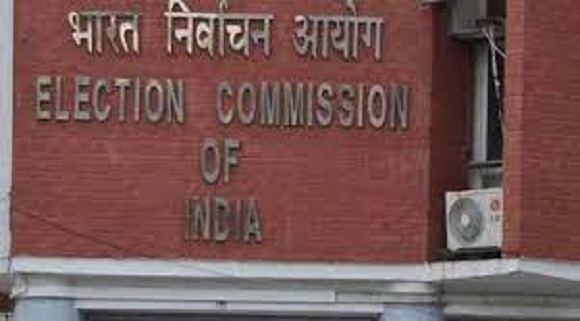
In a move to make political parties more accountable for what they promise voters, the Election Commission has asked them to furnish details of the cost of promises made ahead of polls and also juxtapose the state of their finances giving voters some idea about how these could be financed.
The EC said it cannot overlook inadequate disclosures on election promises and consequential undesirable impact on financial sustainability as empty poll promises so made have far-reaching ramifications.
While the existing guidelines under the Model Code of Conduct (MCC) require the political parties and candidates to explain the rationale for promises made therein as well as the possible ways and means to finance such promises, Election Commission has observed that the declarations are quite routine, ambiguous and do not provide adequate information to the voters to exercise informed choice in an election.
"While the Commission agrees in principle with the point of view that framing of manifestos is the right of political parties, it cannot overlook the undesirable impact of some of the promises and offers on the conduct of free and fair elections and maintaining a level playing field for all political parties and candidates," the Election Commission said.
The poll panel has proposed that each state chief secretary and the Union finance secretary, whenever or wherever the elections are held, provide details of tax and expenditure in a specified format.
A senior official of the poll panel said the move was aimed at assessing the feasibility of
implementation of such promises within the financial space available.
implementation of such promises within the financial space available.
As per the proposal, the political parties will have to provide the details of the financial feasibility of their promises in a certain format which include information like extent and expanse of coverage; quantification of physical coverage and quantification of financial implications of the promises.
Moreover, the information will also include availability of the financial resources and ways and means of raising resources for meeting the additional expenditure to be incurred in fulfilling the promises.
The EC in its meeting led by CEC Rajiv Kumar and attended by Election Commissioner Anup Chandra Pandey decided that it cannot remain a mute spectator and overlook the undesirable impact of some of the promises and offers, on the conduct of free and fair elections and maintaining level playing field for all political parties and candidates.
Drawing upon his experience in dealing with the Finance Commission, RBI and Budget process as Union Finance Secretary, CEC Rajiv Kumar has initiated yet another major electoral reform for not only bringing about a standardised disclosure proforma for guidance of political parties and candidates, but also ensuring authentic information to the voters to assess financial viability of election promises made by political parties. Proforma seeks details of revenue generation ways (through additional tax, if any), rationalising expenditure (cutting some schemes, if so required), impact on committed liabilities and/or raising of further debt and its impact on FRBM limits.
No Comments For This Post, Be first to write a Comment.
Most viewed from Politics
AIMIM News
Latest Urdu News
Most Viewed
May 26, 2020
Which Cricket team will win the IPL 2025 trophy?
Latest Videos View All
Like Us
Home
About Us
Advertise With Us
All Polls
Epaper Archives
Privacy Policy
Contact Us
Download Etemaad App
© 2025 Etemaad Daily News, All Rights Reserved.

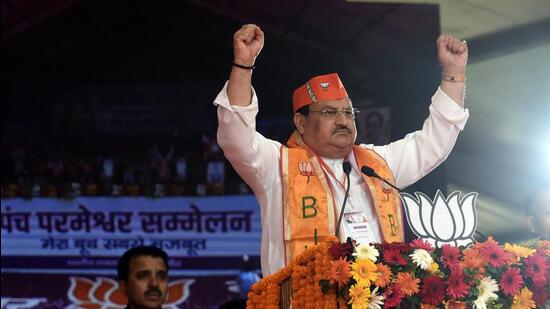
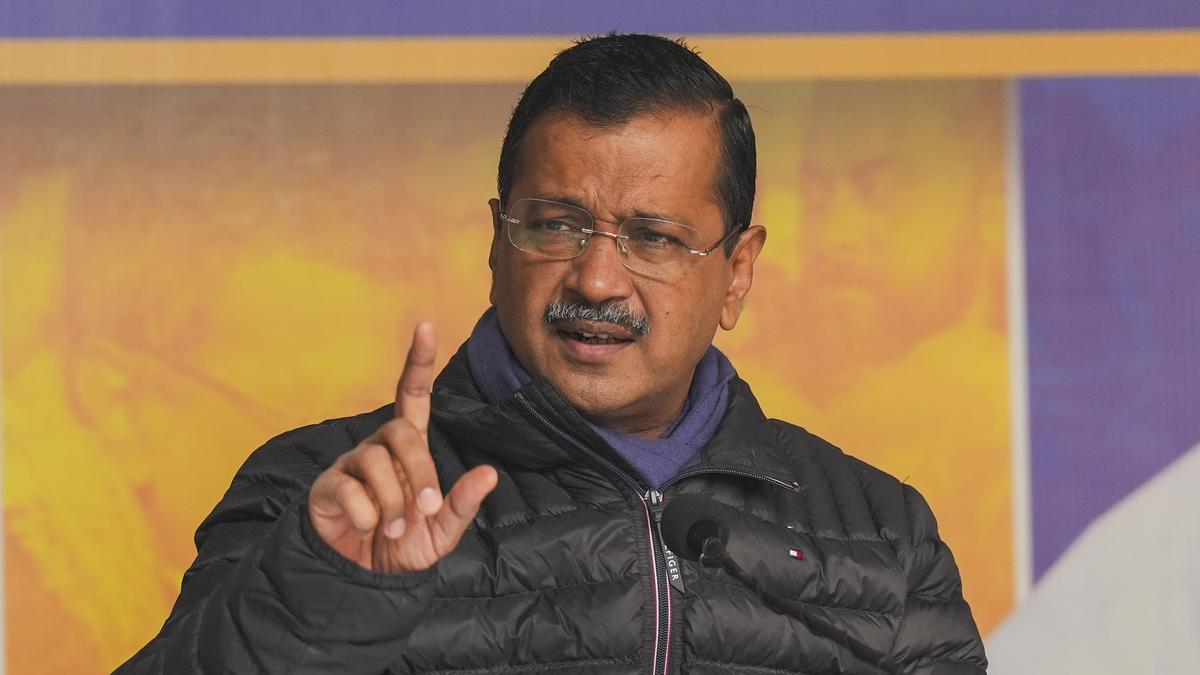
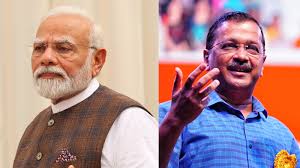
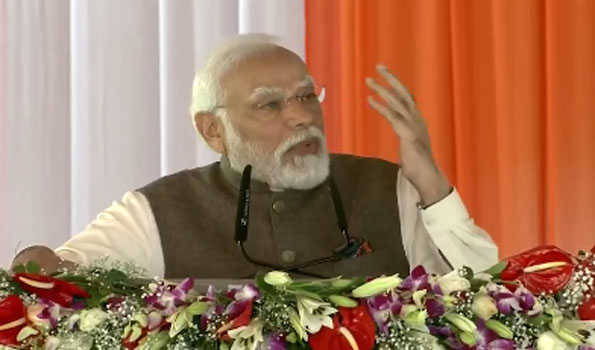
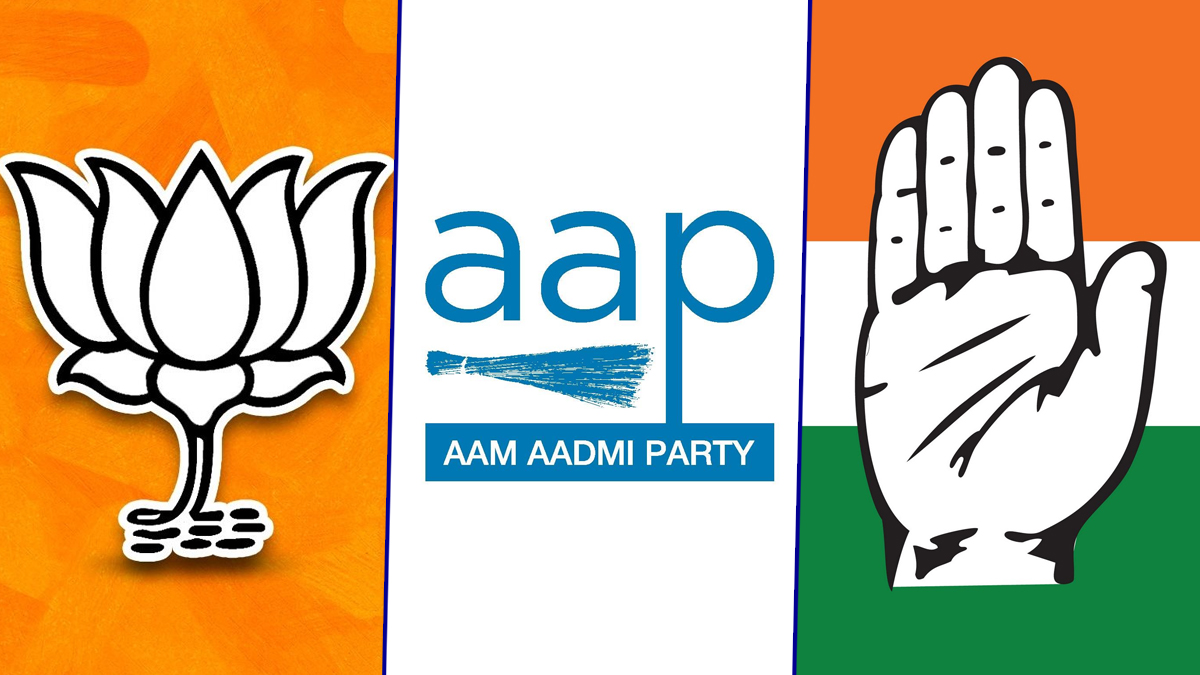
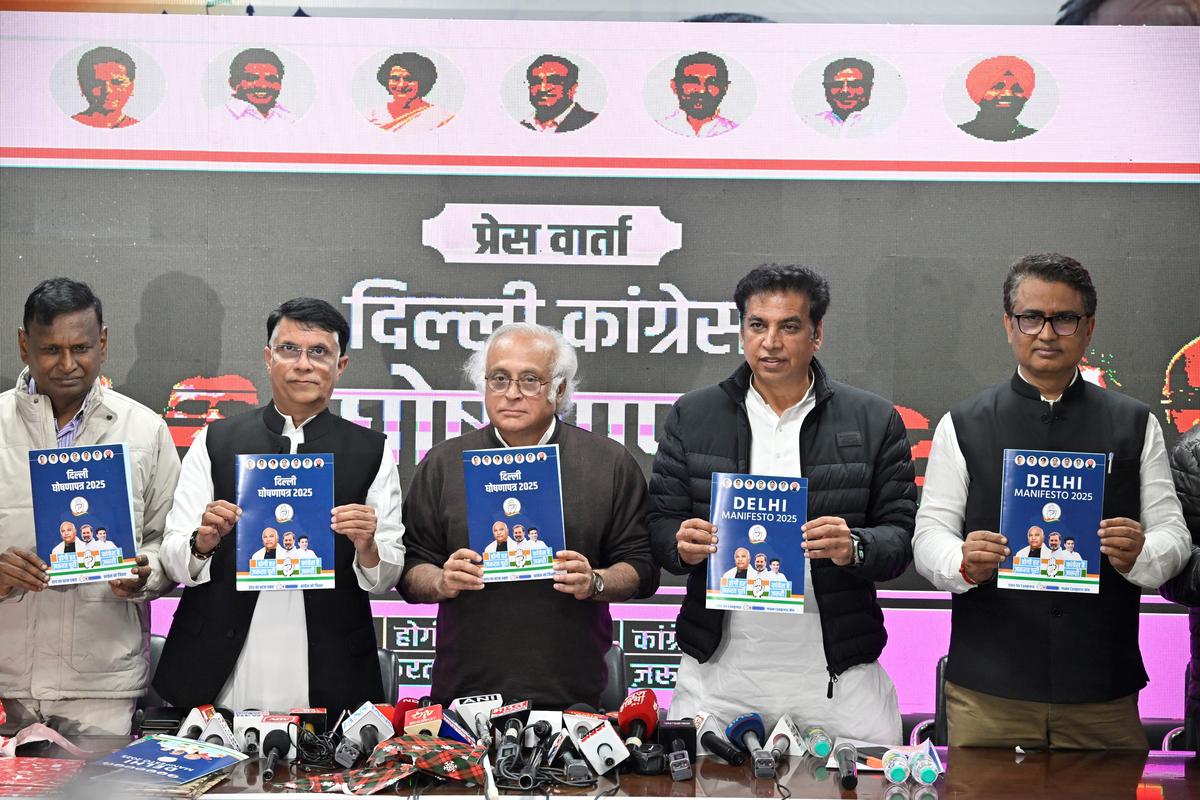
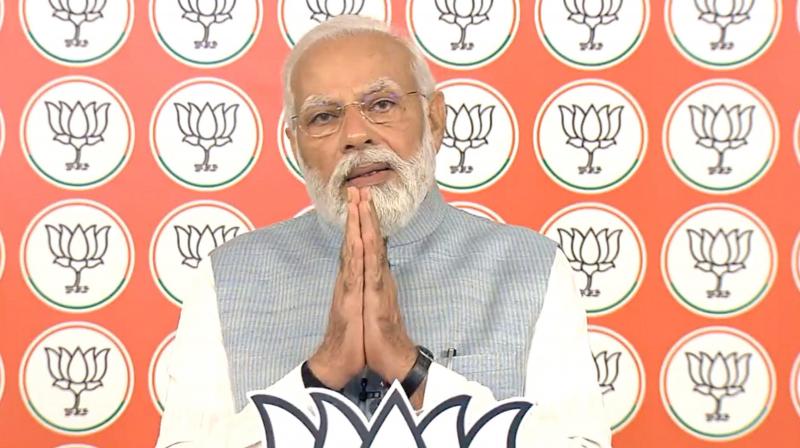
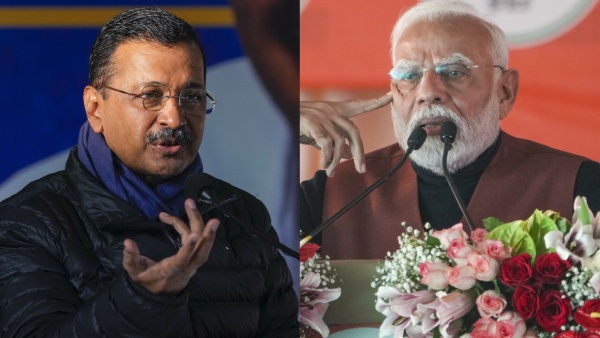
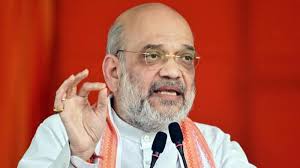
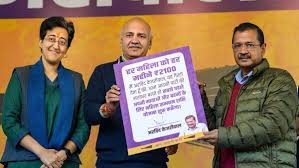
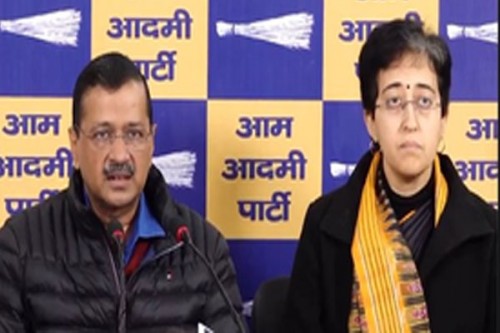
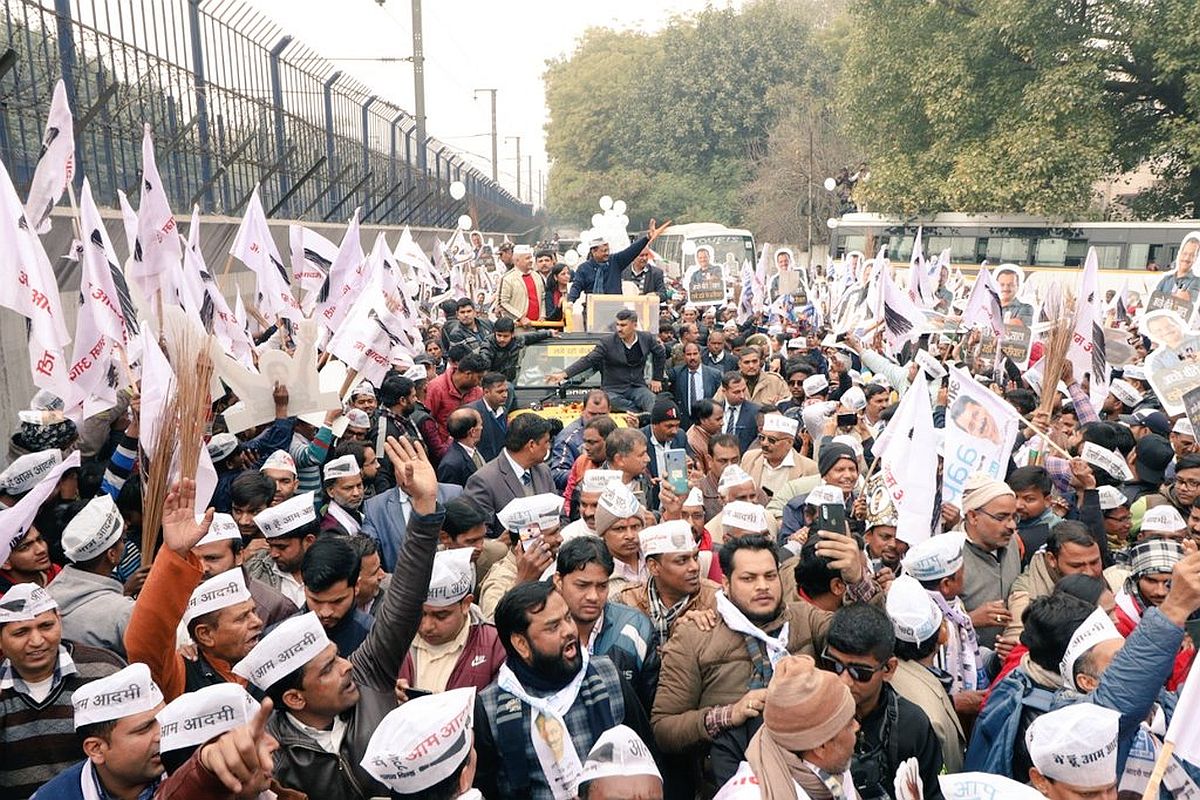




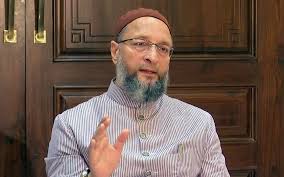
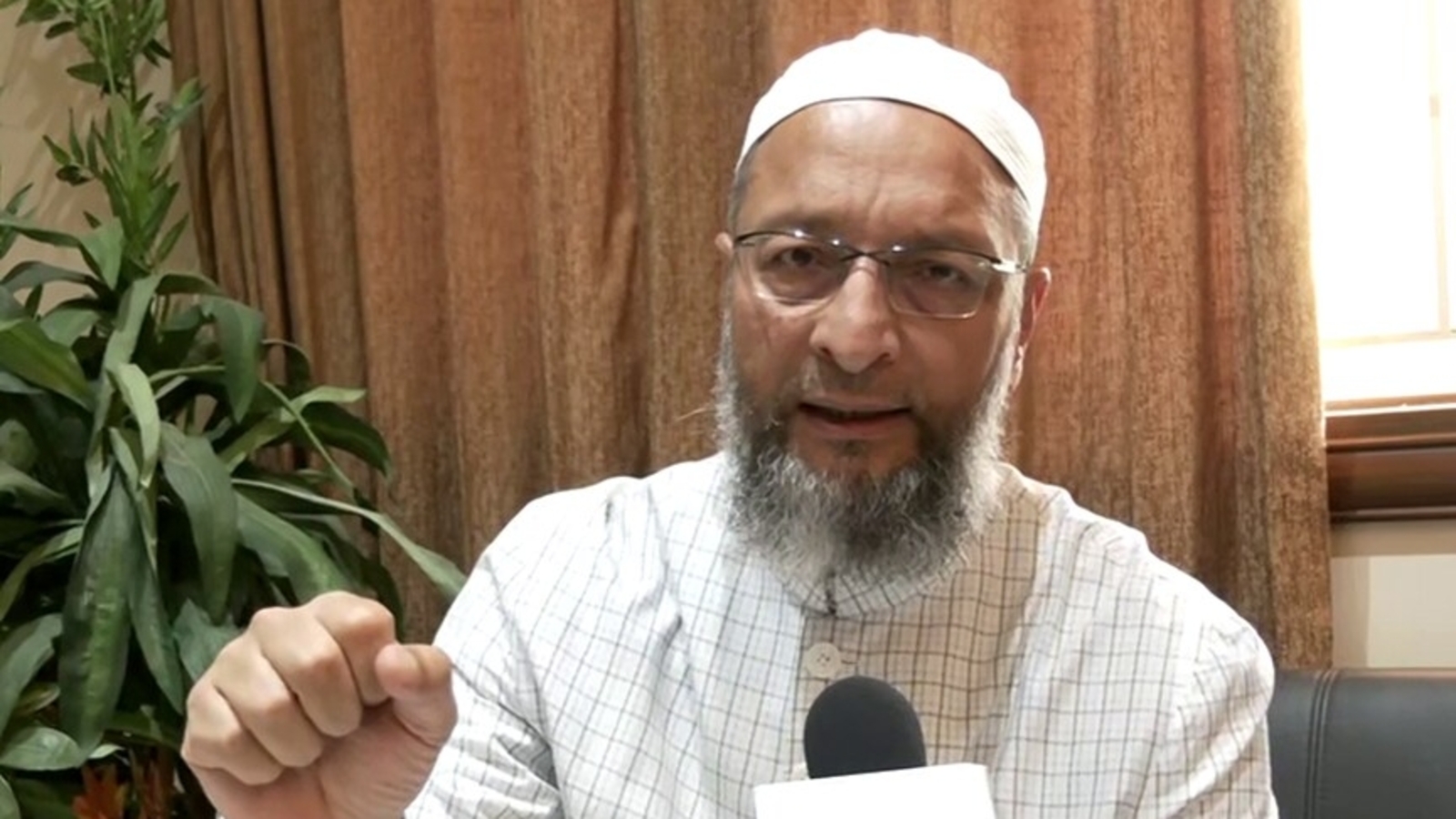
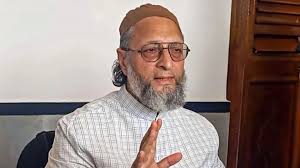





.jpg)




